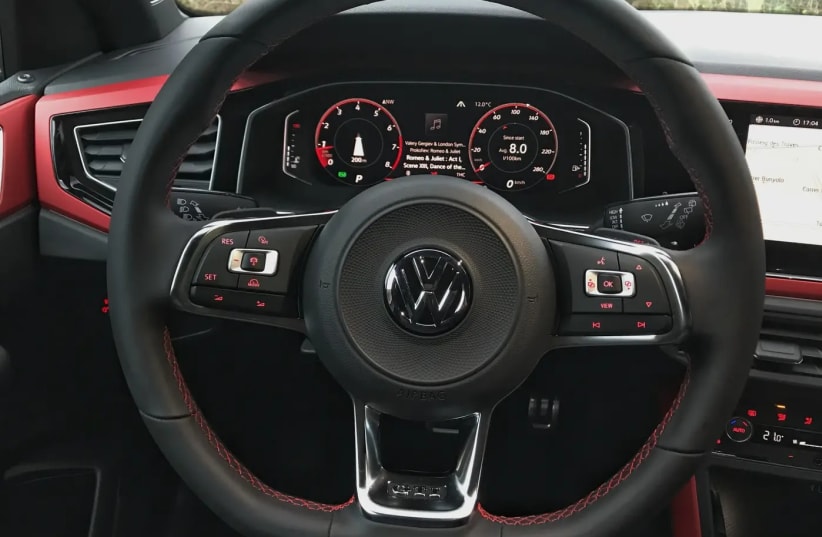The police officer who directed the laser beam towards the grey Polo Volkswagen that was driving on an empty Route 6 in the morning on a Saturday in September three years ago, just before 9 a.m., did not know he was about to record one of the highest speeding tickets ever given in the country on that same day.
The display on the device blinked the numbers 248, and after subtracting 5 km/h as determined by the Supreme Court when dealing with the reliability of the police "laser gun," the driver received a ticket for driving at 243 km/h on a road where the allowed speed is 120 km/h.
How did a super mini reach such speeds? The driver, a resident of Shefar'am, owned a Polo GTI, the sporty version of the car, with a 2,000 cc turbo gasoline engine and a power of 200 hp. Volkswagen states in the vehicle's specifications that it reaches a speed of 237 km/h.
Did the long straight road across Israel make a difference, or is there a problem with the police laser speed measurement? Police investigators identified a series of modifications in the vehicle to improve performance: a different turbocharger, different exhaust, new ignition system, non-original exhaust and catalytic converter. In addition, changes were found in the suspension, shock absorbers, and brakes of the car.
It's a shame that the police did not take the car for inspection, but it's nice that the driver took care not only to improve the performance, but also to adjust the tires and brakes, something that not all modifiers bother to do.
In any case, the improvements were added to the indictment against the driver, which included driving at a speed of over 41 km/h above the limit and easily losing control, driving without valid mandatory insurance, illegal modifications to the vehicle structure, and driving a vehicle that does not comply with regulations. This is after there is no legal way in Israel to authorize performance enhancements in a vehicle, unless it is defined as a grey-licensed racing car not authorized to travel on public roads, except in the context of a motor sports event.
Judge Magi Cohen of the Central Traffic Court sentenced the driver to 5 months of imprisonment commuted to community service, a fine of NIS 3,000, and a revocation of the license for almost four years, totaling 45 months.
Too bad. It would have been interesting to meet him at the drag racing league.
